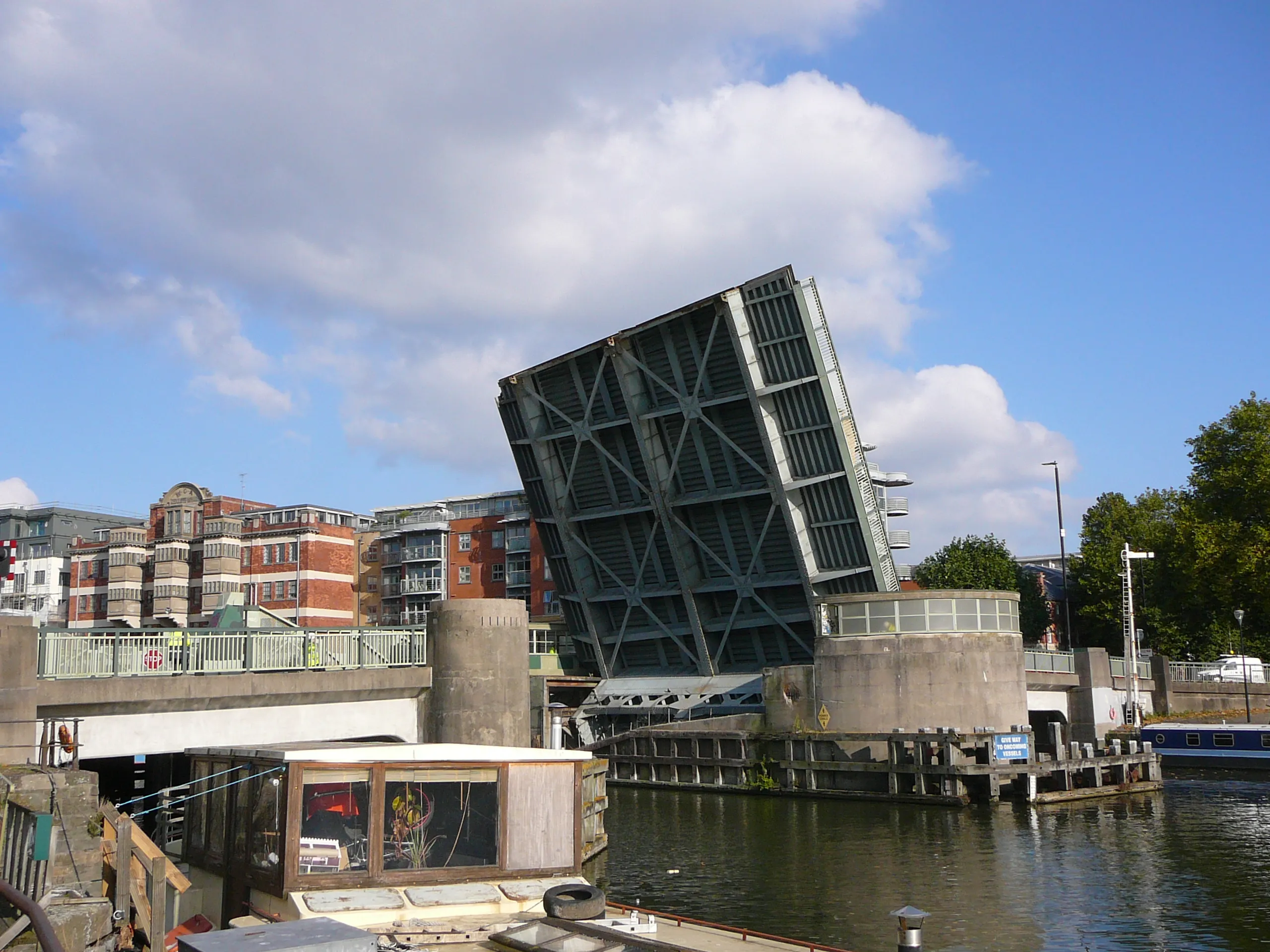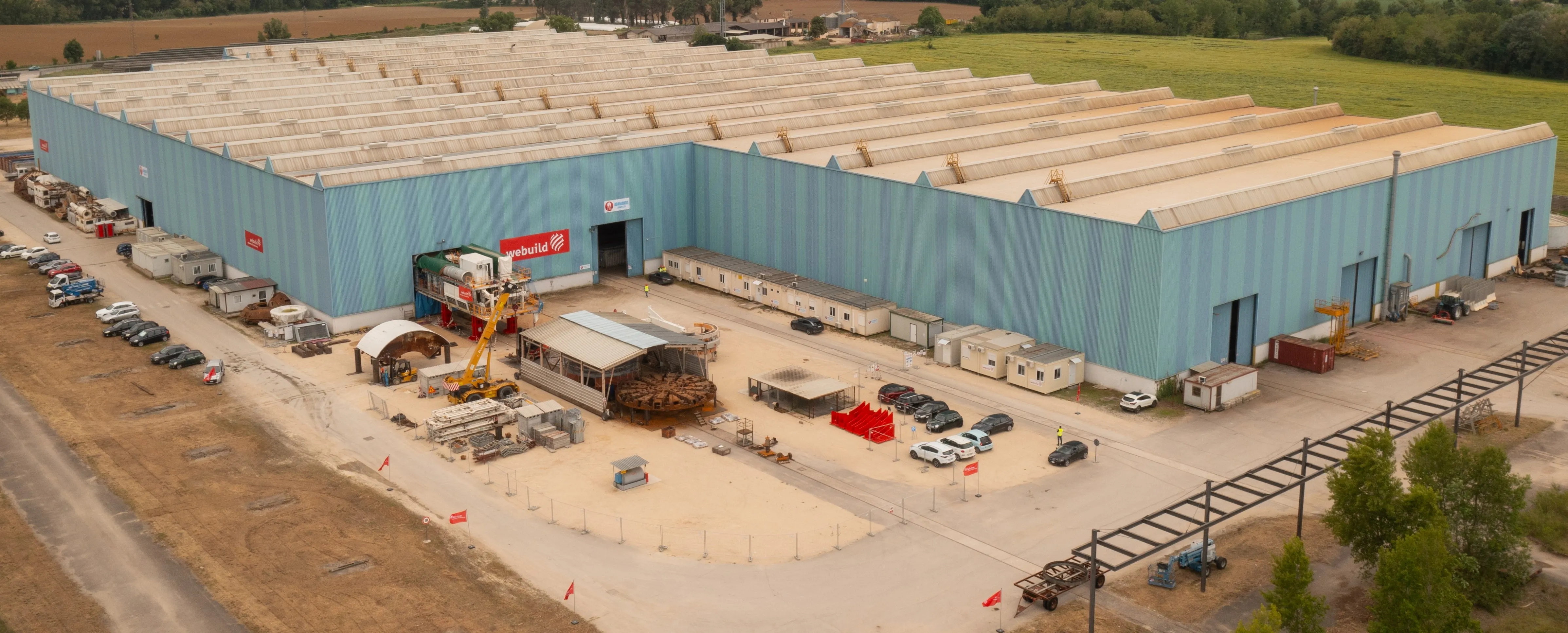
Cleveland Bridge in the UK will renovate the city of Bristol’s Redcliffe Bridge, a bascule crossing of the harbour and which was built in 1942.
The iconic two-lane bridge, which links Redcliffe Way to the city centre, underwent a major electrical and control system refit in 1996. A full electrical and mechanical inspection was completed by CH2MHill - now part of Jacobs Engineering Group - in June 2017 with the intention to extend the life of the bridge by 20 years.
As principal contractor, Cleveland Bridge, along with Jacobs' design house, will start work likely in April. Work includes refurbishment of the internal steelwork and bridge parapet, water proofing of the bridge deck and mechanical and electrical modifications. Traffic gates and machinery will be replaced with rising-arm barriers.
“Alongside our proud reputation for building bridges in the UK and around the world we are also gaining a strong track record for rehabilitation projects, which is extending the life of important pieces of transport infrastructure such as the iconic Redcliffe Bridge,” said Chris Droogan, managing director of Cleveland Bridge.
According to the CH2MHill report, the structure is a steel counterbalanced, single 15.5m long leaf bridge with a 15.5m span. The bridge has not been regularly raised for several years renovation work will include make raising the bascule totally automatic unlike now where an operator must initiative consecutive phases of the raising.
Renovations costs have risen dramatically – 40 per cent - since last year, according to local media reports. Bristol City Council had budgeted £3 million (€3.5 million/US$4.2 million) to repair the bridge and was expecting to award a 16-month contract last September. But another £1.25million (€1.5 million/$1.75 million) has been added to the cost and work is expected to finish in March 2022, two months later than previously planned.








